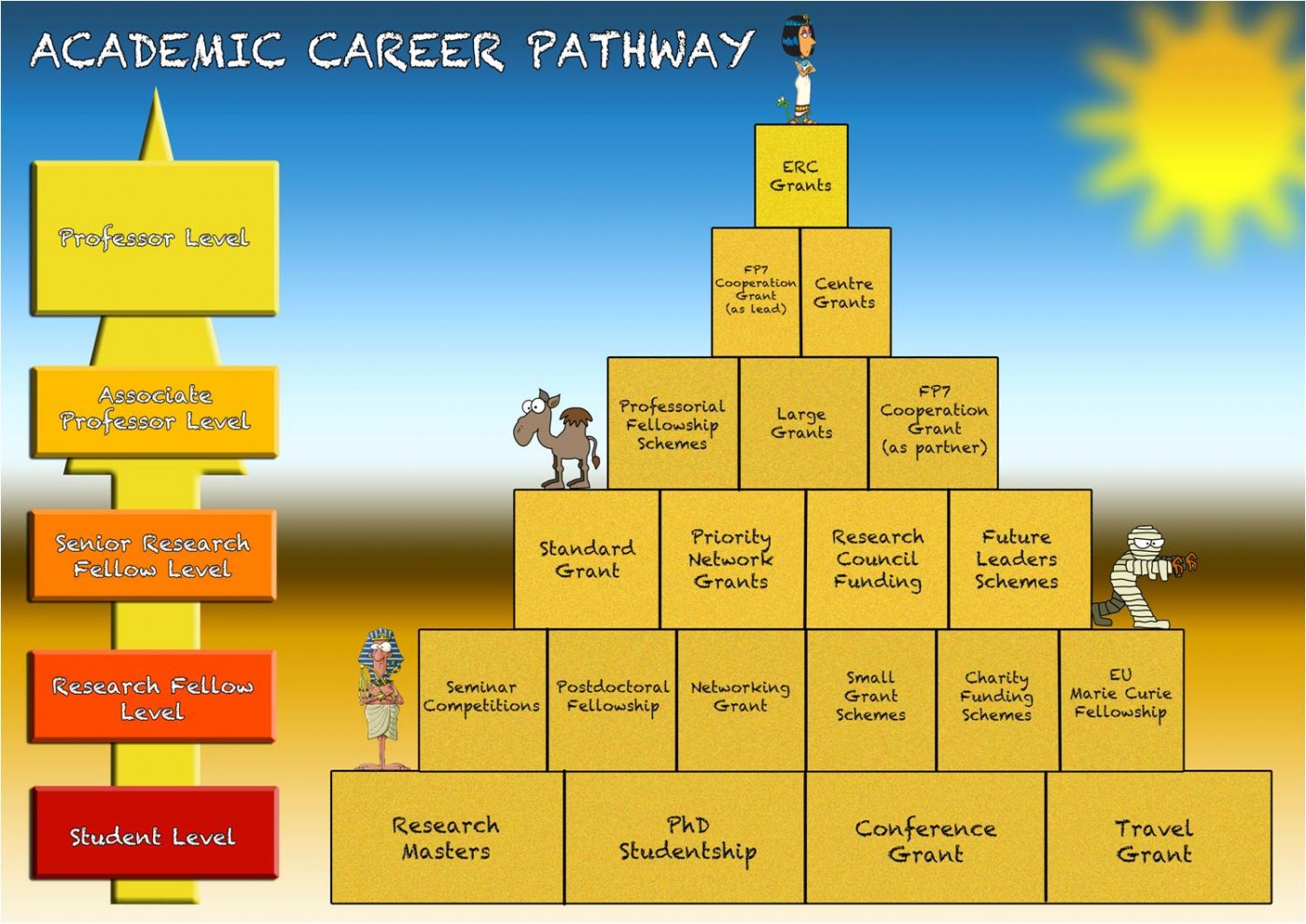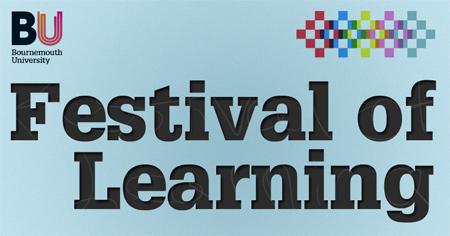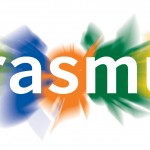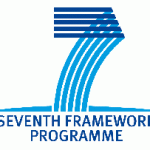We are pleased to invite applications for Associate Professor, Professor 1 and Professor 2 appointments.
The title of Associate Professor will be conferred on staff normally with a Doctorate and track record of excellence in one of the following areas: Education, Research, Enterprise or Professional Practice, with an evidence based potential to develop significant national/international standing.
A Professorship is awarded to individuals who have achieved distinction and esteem both at national and international level over and above that of a Reader or Associate Professor in one of the following areas: Education, Research, Enterprise and Professional Practice.
Full details regarding the role, application process, including job descriptions and person specifications are available here:
I Drive\OVC\Public\Professors & Associate Professors.
There will be 2 sessions held during August with the Pro Vice-Chancellor and members of the Professoriate to outline the promotion process, define the role and expectations of Associate Professor and Professorial post holders and outline the evidence you would be expected to demonstrate as part of your application. If you are considering applying for one these posts you are strongly encouraged and expected to attend one of the following sessions:
Applying for Associate Professor – Monday 6 August 2012 at 2pm .
Applying for Professor 1 or Professor 2 – Wednesday 8 August at 2pm.
If for reasons of annual leave you are unable to attend one of these sessions then please contact the Pro-Vice Chancellor for an appointment via Kathryn Hill (ext. 65868) and he will endeavour where possible to meet you individually.
Please contact click here to book on to one of these events. If you are off-campus and experiencing difficulty accessing the staff intranet please email your booking to staffdevelopment@bournemouth.ac.uk
The closing date for all applications will be Wednesday 5 September 2012.
It is expected that applications for Associate Professors will be assessed during September 2012 and shortlisted applicants invited to attend an interview during October 2012 subject to panel availability.
It is expected that applications for Professor 1 or 2 will be assessed during September 2012 and shortlisted applicants invited to attend an interview during December 2012 subject to panel availability.
If you would like any further information regarding this process then please speak to Katherine Jabbari on 61145 or your Academic Manager in the first instance.
Kind regards
Human Resources





 Activities include peer supprt, healthy living, horticultural groups, Bailey’s Frames, Bailey’s Cafe, groups and groupwork. East Dorset Community Services is part of one of the largest specialist mental health service provider in England. The Service enables people to undertake training and education and to access other support within their areas thus reducing social isolation.
Activities include peer supprt, healthy living, horticultural groups, Bailey’s Frames, Bailey’s Cafe, groups and groupwork. East Dorset Community Services is part of one of the largest specialist mental health service provider in England. The Service enables people to undertake training and education and to access other support within their areas thus reducing social isolation.  ular readers of this blog may have already been alerted to the ESRC Seven Days of Social Science, but in case you have missed it, I would recommend having a look at the
ular readers of this blog may have already been alerted to the ESRC Seven Days of Social Science, but in case you have missed it, I would recommend having a look at the 

 Do you remember when museums were full of dusty exhibits that you were not allowed to touch, or am I just showing my age? Fortunately those days are long gone and now as a nation we are blessed with many interactive museums that facilitate all generations to get involved to learn more about the fascinating world in which we live. Examples include
Do you remember when museums were full of dusty exhibits that you were not allowed to touch, or am I just showing my age? Fortunately those days are long gone and now as a nation we are blessed with many interactive museums that facilitate all generations to get involved to learn more about the fascinating world in which we live. Examples include 








 up in my series of public engagement activities that you could include in the Festival of Learning is the humble cafe – otherwise known as a Science Cafe, Cafe Scientifique or a Philosophy Cafe.
up in my series of public engagement activities that you could include in the Festival of Learning is the humble cafe – otherwise known as a Science Cafe, Cafe Scientifique or a Philosophy Cafe.










 SPROUT: From Sustainable Research to Sustainable Research Lives
SPROUT: From Sustainable Research to Sustainable Research Lives BRIAN upgrade and new look
BRIAN upgrade and new look Seeing the fruits of your labour in Bangladesh
Seeing the fruits of your labour in Bangladesh Exploring Embodied Research: Body Map Storytelling Workshop & Research Seminar
Exploring Embodied Research: Body Map Storytelling Workshop & Research Seminar Marking a Milestone: The Swash Channel Wreck Book Launch
Marking a Milestone: The Swash Channel Wreck Book Launch ECR Funding Open Call: Research Culture & Community Grant – Application Deadline Friday 12 December
ECR Funding Open Call: Research Culture & Community Grant – Application Deadline Friday 12 December MSCA Postdoctoral Fellowships 2025 Call
MSCA Postdoctoral Fellowships 2025 Call ERC Advanced Grant 2025 Webinar
ERC Advanced Grant 2025 Webinar Update on UKRO services
Update on UKRO services European research project exploring use of ‘virtual twins’ to better manage metabolic associated fatty liver disease
European research project exploring use of ‘virtual twins’ to better manage metabolic associated fatty liver disease